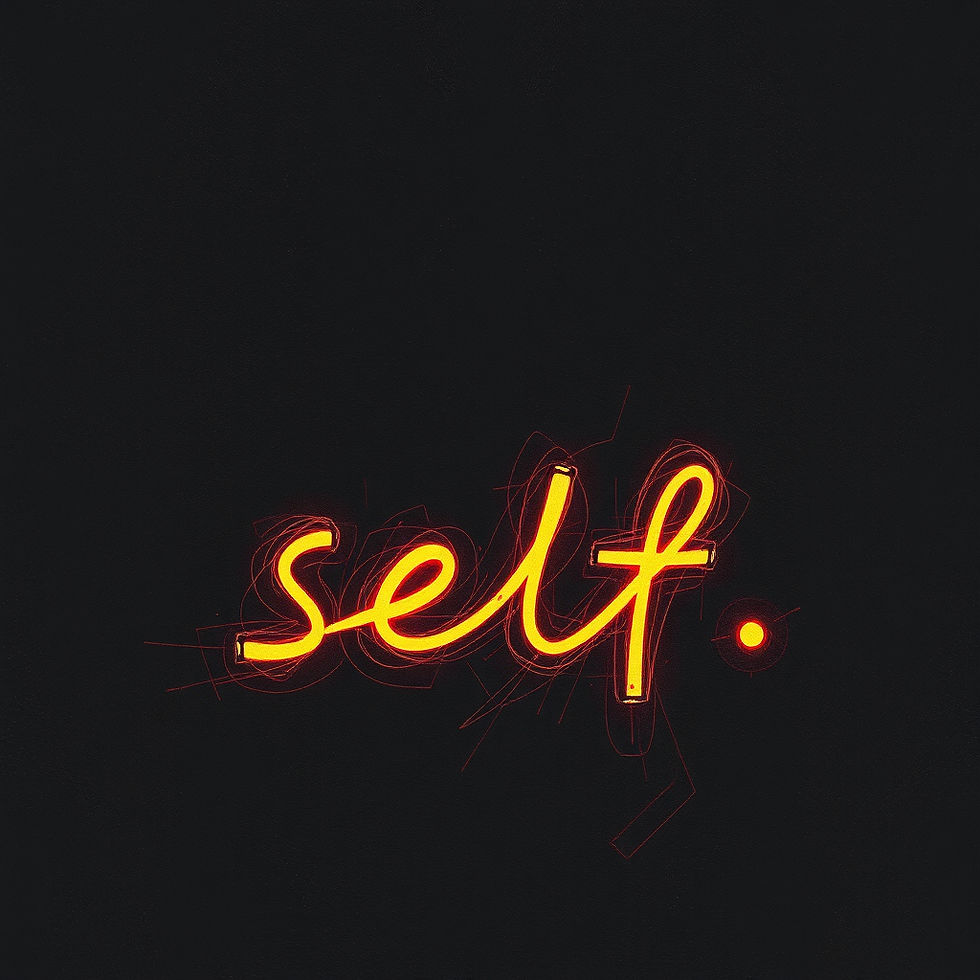Dealing with stress, depression, and addiction can be challenging, but there are a variety of tools
- Carrie Spencer
- Jul 19, 2023
- 4 min read
A Custom Approach to Treatment for Stress, Depression, and Addiction
Anxiety, depression, and substance abuse are never easy—but imagine suffering from a position of authority, afraid to turn to those around you. That’s exactly the situation faced by many managers around the country. Before pressures boil over, it’s important to have a stress management strategy in place and to take steps to mitigate the sources of undue anxiety. Luckily, as Change the Face of Depression explains, there are plenty of options available—including alternative approaches that can be extremely effective when paired with more traditional approaches like counseling and medication.
Finding What Works
Traditional methods might include therapy, doctor-prescribed medication, and, in the case of addiction, 12-step programs that rely on either forced or self-directed abstinence. Often, these approaches can benefit from the addition of alternative approaches, like yoga, exercise, and acupuncture treatment.
Meditating and practicing yoga at home requires a welcoming and open environment, so take measures to ensure sources of stress and anxiety are removed. This can be as simple as decluttering, organizing, and incorporating a little Mother Nature with houseplants and artwork or framed photos of nature. Just remember to consult your physician and don’t use alternative approaches as a replacement for more traditional treatment options.
Getting Professional Care
While there are numerous therapies and techniques aimed at addressing depression and addiction, it’s important to get a professional diagnosis before deciding on a care path. You might also want to consider supplementing your traditional care with a more holistic therapy approach. This type of participative strategy helps the individual feel in control of their treatment, and ideally, the final outcome. Holistic approaches can include traditional forms of therapy, along with alternatives, such as:
● Experiential Therapy
● Art Therapy
● Music Therapy
● Hypnotherapy
● Pet Therapy
● Spiritual Healing
● Body Work
● Acupuncture
● Nutritional Therapy
● Exercise
● Meditation
● Neuro & Biofeedback
● Family Therapy
● Drug Replacement and Maintenance Therapy
● Therapeutic Communities
● Dialectical Behavioral Therapy
● Motivational Enhancement Therapy
● Eye Movement Desensitization and Reprocessing
While the list is not exhaustive, and many of these may be familiar forms of treatment for other physical or psychological disorders, no form of alternative therapy should be undertaken to address substance abuse without the direction of a trained professional. The risk of doing so without proper guidance can be life-threatening, especially for those needing medical detoxification.
Inpatient Rehab
Attending inpatient rehab for addiction can be a significant step towards recovery. Inpatient rehab provides a structured environment away from triggers and distractions, allowing you to focus wholly on your recovery. It offers comprehensive care, including medical support, therapy, and counseling, to address both the physical and psychological aspects of addiction. If cost is a concern, free rehab centers are an option to consider. These facilities often provide similar services as paid centers, using funding from government agencies or non-profit organizations to cover the costs. Though there might be waiting lists or certain eligibility criteria, free rehab centers can be a lifeline for individuals seeking help with their addiction.
Affording Care
Health insurance can play a crucial role in covering the costs of addiction treatment. Many insurance policies include coverage for a range of treatment options, potentially making recovery more financially accessible. If you don't have employer-provided insurance, the Affordable Care Act (ACA) exchange is an excellent resource to consider. The ACA requires all plans on the exchange to cover mental health and substance use disorder services, ensuring you can find high-quality insurance that includes coverage for addiction treatment. Always review your policy details or speak with an insurance representative to understand exactly what is covered.
Finding What Works
Deciding between a traditional or alternative approach can seem difficult at first, especially if there are budgetary concerns. Often, a holistic approach will prove the best way to get treatment for someone who is not yet convinced they need treatment or that treatment will work for them.
Consider simple habit changes that can bolster your mental health and wellbeing. Taking a regular walk is a great way to get fresh air and exercise at the same time. Use a walk score map to find the best places to walk near you. Adding this practice to your routine is a great way to feel better.
Caffeine Concerns
Heavy caffeine consumption often occurs during recovery as individuals may use it as a substitute stimulant. However, if you're someone who typically struggles with anxiety, it's important to be aware of your caffeine intake. Caffeine is a stimulant and can potentially heighten feelings of nervousness and restlessness, which can exacerbate anxiety symptoms. Overconsumption can also lead to sleep disruptions, further impacting your well-being. Therefore, while in recovery, it's crucial to monitor and moderate your caffeine consumption to prevent any potential negative effects on your mental health.
While the web is a handy tool for learning more about alternative therapies for stress, depression, or addiction, GoodTherapy outlines why it’s best to seek the advice of a trained professional to ensure your loved one gets the exact care they need. Not only can they help select the best care path for you and your loved one, but they are trained to recognize underlying conditions that may impact the type or level of care needed.
Dealing with stress, depression, and addiction can be challenging, but there are a variety of tools available to you. You may opt for traditional inpatient treatment, either at a free center or with the help of your insurance. Or you may choose to pursue alternative treatment options. Remember to take care of your well-being
with daily walks and mind your caffeine consumption. Recovery is possible!
For more self-care resources for dealing with depression, visit Change the Face of Depression today!










Comments